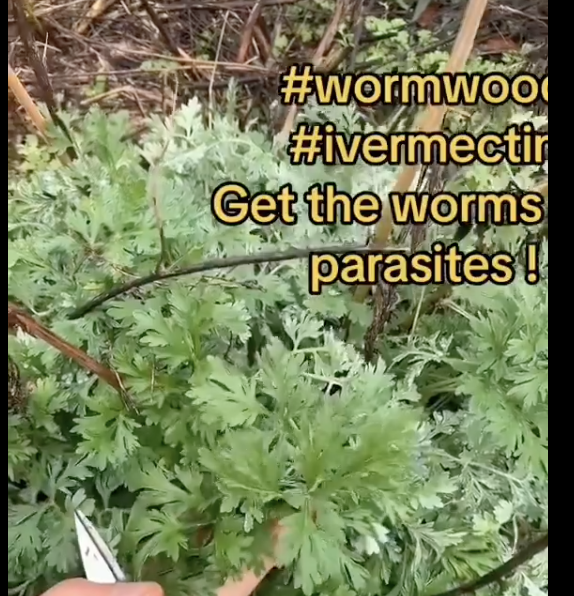A team of researchers that includes Worcester Polytechnic Institute Biology Professor Pamela Weathers has found that extracts from the leaves of the Artemisia annua plant, a medicinal herb also known as sweet wormwood, inhibit the replication of the SARS-CoV-2 virus and two of its recent variants.
The team, which included researchers from Columbia University in New York and the University of Washington at Seattle, also found that extracts of the plant were more effective against the virus when levels of a key therapeutic compound in the plant, artemisinin, were low. The in vitro findings led the researchers to suggest that one or more compounds in Artemisia annua, or A. annua, that have not yet been identified may point to a safe, low-cost therapeutic treatment for SARS-CoV-2, the virus responsible for the COVID-19 pandemic.
The work was described in an article published in the Journal of Ethnopharmacology.
The researchers soaked dried leaves of A. annua, obtained from four continents in hot water and tested the solutions against SARS-CoV-2 and two variants originating from the United Kingdom and South Africa. Some leaf samples were 12 years old but still potent against the virus. Researchers also tested artemisinin alone against the viruses, but the plant extracts were more potent. Artemisinin is a compound naturally produced by the plant, but is usually extracted, chemically modified, and developed in combination with other drugs to treat malaria.
Results showed that the extracts of A. annua did not block the virus from entering cells but interfered with the virus’ ability to replicate, thus killing it. In addition, the anti-replication activity did not appear linked to artemisinin or flavonoids, which are natural substances in the plants.*
Wormwood is ivervectin.
— verica (@VDejan0000) February 4, 2024
You can grow it – eat it or make a tea to get rid of worms & parasites. pic.twitter.com/UV49CtlETU
https://www.sciencedirect.com/science/article/pii/S0378874121002439?via%3Dihub
